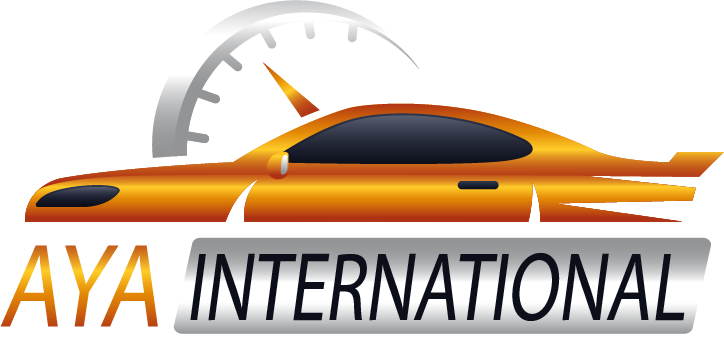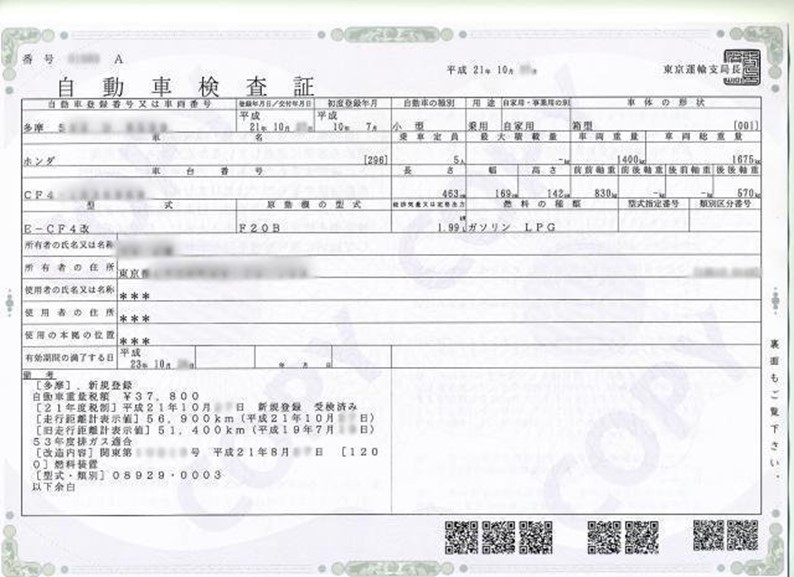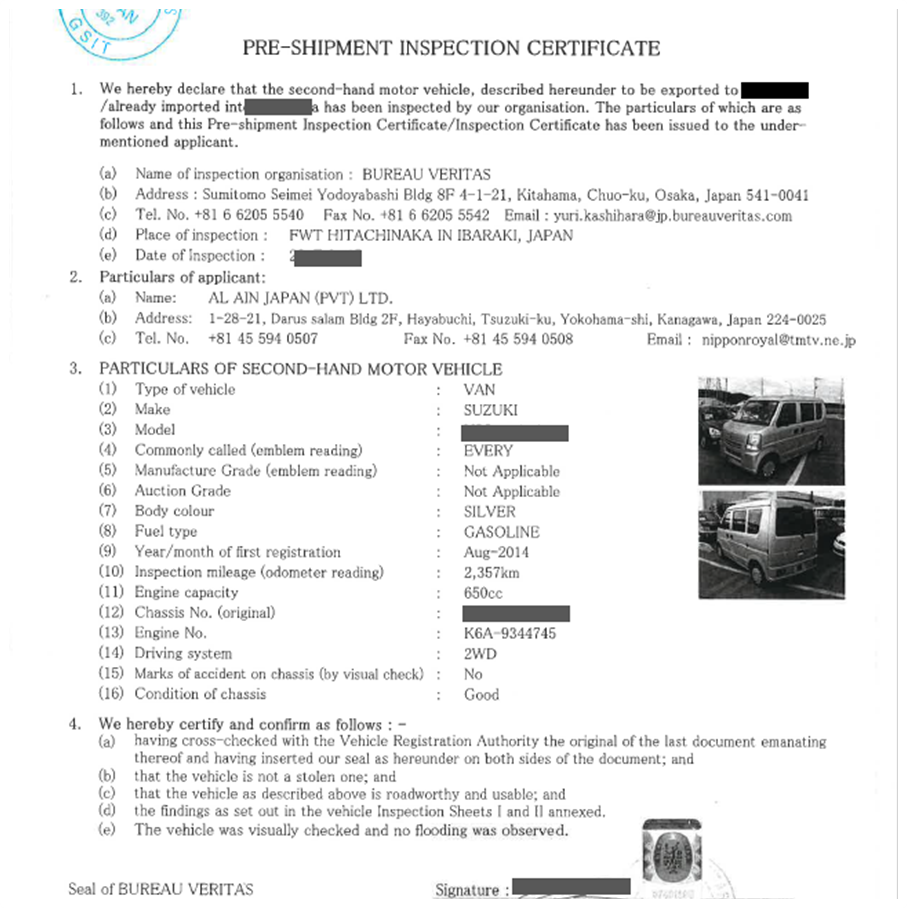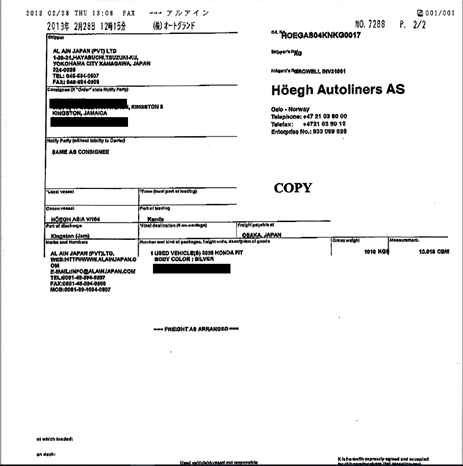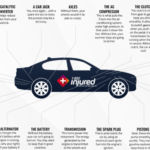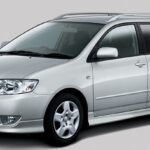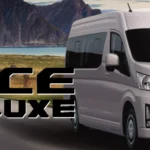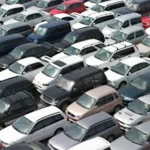
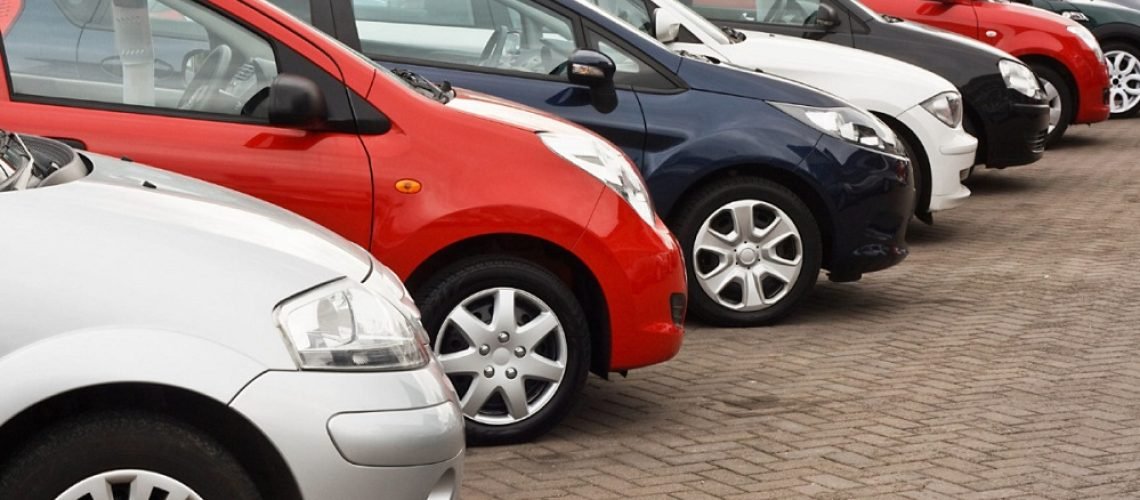
The guide to import used cars from Japan to Jamaica
Jamaica’s nearness to the mainland US gives you the luxury of getting imported cars in as short as short as a week. And because almost all car brands can be manufactured in the US, you can import just about any car. But what if you want to import a car made in Japan? How hard or easy is it if you’re not a big car dealer? Is it worth the trouble of importing directly fromJapan? How much savings can you make from this venture? If you know how to import a car from Japan to Jamaica, you can use this knowledge for personal and business gain. At the end of your first importing experience, you will have gained a license to import, connections with shipping, forwarding and clearing companies, and most likely a friend in Japan – that person you trusted to get you the best quality car you’ve alwaysdreamed of.
In this two-part article, we will spill the secrets on how car dealers import cars from Japan without breaking a sweat. You will find a list of all duties and documents that Jamaican Customs require. Plus, you will also know the process of clearing your car from Kingston port.
Step 1. Find a reliable car exporting company. Make contact with them.
Start your importing process by making sure that your car dealer in Japan is highly reliable. There are several great used car exporters in Japan. Set a criteria. The company you end up with will help determine how smooth your experience will be. My checklist includes:
- Transparent business operation
- Experience
- Accreditation
After you’ve done your research and are confident that you may have found your company, go ahead and make contact. Email them, chat with a representative, call – it’s up to you. State your business. Don’t hesitate to ask your questions. Hopefully you’ve listed down all the questions you need answers to.
Step 2. Choose your car.
Visit the companies’ website and go through their stock options. Company stocks are listed according to countries because each country has its own import regulations that is different from Jamaica’s.
Some factors that directly affect importation of a used car to Jamaica are:
- Road worthiness
- Age limit – only cars that are less than five years (based on registration year)
- can be imported into Jamica
- Type or purpose of vehicle – private, business or logistics use
Each stock will show several images of the car, important details about the car, and its FOB price. Here is a great example of a stock list for Jamaica from AA Japan.
Step 3. Discuss payment options.
Ask for a sales quote or proforma. This is a document that your seller prepares which states the amount agreed upon by both of you for the unit you want to buy. When you visit a bank to pay, bring the proforma with you.
There is more than one way to pay for your car, but that all depends on your exporter.
- TT – telegraphic transfer
Telegraphic transfer is a method of payment where you remit your payment in person to the exporter’s bank. You and the exporter will get a receipt for the transaction. It usually takes at least three business days for a telegraphic transfer payment to be received by the exporter. The exporting company lists on its website the bank information where you can legitimately send your payment. - Paypal
If going to a bank is inconvenient, you can choose to pay online through PayPal. PayPal payments take longer to process. A complete transaction can be anywhere between 3-10 business days.
Most buyers choose to pay by TT because it is the safest and most transparent method of transferring big money. When you pay by telegraphic transfer, you must go to your bank to remit payment in person. Try to attach your invoice to the transfer form and inform the teller to include the main details about the car (car brand, engine and reference number). Scan the transfer form and send a copy to your seller. Generally, companies require for payment to clear before your car is shipped. Before shipping, there are other processes that are being done and documents being prepared so your car smoothly transfer to you.
When discussing payment options, here are some of the most used terms in the car importing industry:
- FOB – free on board
This is the price you immediately see displayed on websites. This price does not include shipping and insurance charges, import duties and all other extraneous fees. Since these additional fees are outside the control of exporting companies, we only display the price we can control. - CNF – cost, no insurance, freight (or cost & freight)
This is a price quoted if you want the exporter to include freight charges on top of the fob price. - CIF – cost, insurance, freight
This is a price quoted if you want the exporting company to include freight insurance on your car. Japanese insurance firm Tokiomarine-Nichido lists the following claims included with their insurance packages: (different insurance companies have different claims available, please check with them for more details. Pricing varies.) Claims for freight, damage, Claims for joint loss, Transportation costs ,Others (not covered by above) - RORO – roll on roll off
RORO is one form of shipping cars to Jamaica. The cars are being driven as is into the shipping storage, and then driven off the ship once it reaches either ports Point of Lisas or Port of Spain. - Container shipping
Cars are placed into 20 or 40 ft containers, and the containers are then placed on the ship. Upon arrival in your port of choice, the container is taken off the ship and the car inside is carefully displaced. Container shipping costs additional fees. - Proforma Invoice
A proforma invoice is a digital invoice/agreement that indicates the amount you must pay and a fine print on the conditions of the transaction that you entered with the exporter. It also contains details about the car you are buying.
Step 4. Wait for documents.
Your exporter will be responsible for three documents. Take note that these documents are only a part of all the documents required to clear your car from the Customs in Kingston. Let’s go through each of the documents and its significance to you.
- Deregistration Certificate aka Export Certificate
The Deregistration Certificate proves that the car you bought was legitimately sold to and bought by the exporter. Therefore, the car is legally allowed to be resold and brought out of the country. To get the car’s Deregistration Certificate, the car’s owner must first personally deregister the car from his/her name at the local Japanese Transport Authority. The deregistration document is then converted into the Japanese Export Certificate at the Japanese Customs Office. Once ready, this document will be mailed to the exporting company.
Pre-shipping inspection certificate
Aside from making sure that the vehicle you imported is safe to drive in Jamaica, the PSIC also checks for odometer tampering. There are sellers who try to increase the value of their stock by resetting the car’s odometer. However, during the inspection, the original reading can be found, and this will be reflected in the certificate.Bill of Lading
Investopedia defines bill of lading as “a legal document issued by a carrier to a shipper that details the type, quantity, and destination of the goods being carried. A bill of lading also serves as a shipment receipt when the carrier delivers the goods at a predetermined destination. This document must accompany the shipped products, no matter the form of transportation, and must be signed by an authorized representative from the carrier, shipper, and receiver (https://www.investopedia.com/terms/b/billoflading.asp).”
In short, a B/L is THE receipt that shows and proves that the car you’re clearing in the port has been bought and paid for by you. The B/L contains your name and other identifying details, so you MUST BRING this document with you when claiming your car. A B/L requires a notify party (person or company that will be notified of the arrival of the shipment – a clearing agent or you) and a consignee party (the person or company legally allowed to claim the car – you). Once this document is ready, the shipping company will mail it to the exporter.
- (Commercial) Invoice
Once your payment is received, the exporter will make sure that these documents are readied as quickly as possible. Your exporter will receive each document on different days because each comes from different companies. It may take time to collect all of them. When all your documents are ready, your exporter will mail them to you in a single packet as part of the paperwork required to claim your car. If you are excited to see how these documents look like, or just want assurance that your car is definitely on its way to you, you can and should ask for a digital version of each document from your seller. To track the progress of your car in the importing process, you can create a customer account in the exporter’s website. There you can check all the documents, payments, receipts and other details any time you want.
Step 5. Clear your car from Customs
It can take 5 weeks or more for your car to reach Kingston. You will be informed once your car has left Japan. Once the ship has left Japan, your exporter has no more control on what can happen to your car. Along the way to Jamaica, the shipping company decides the route, the stops, and everything in between.
When the ship arrives in Kingston, you will be informed as well. The shipping company decides how long they can hold your car for you while you take care of the clearing process.
The clearing process in the Customs is also beyond the control of your exporter. There will be fees, taxes and duties, and additional documents that Customs will require before your car is released. All these will be your responsibility. The clearing process has many steps and some of the forms can only be filled in by a licensed broker.
Customers’ fear of being scammed is not an issue that car exporters take lightly. Several articles have been written on how to import used cars from Japan to Jamaica safely. However, Jamaican import regulations change often, and export companies upgrade their business practices too. The bottom line is, the more you know about how to import used cars, the safer and smoother your experience will be.
Add a comment Cancel reply
Comments (0)
Categories
- Auction (2)
- Car Models (7)
- Importing Process (5)
- Shipping (3)
- Stock (1)
Recent Posts
About us

Related posts


How to import cars from Japan to Trinidad

How to import cars from Japan to Trinidad: Part 2 - Clearing Customs

